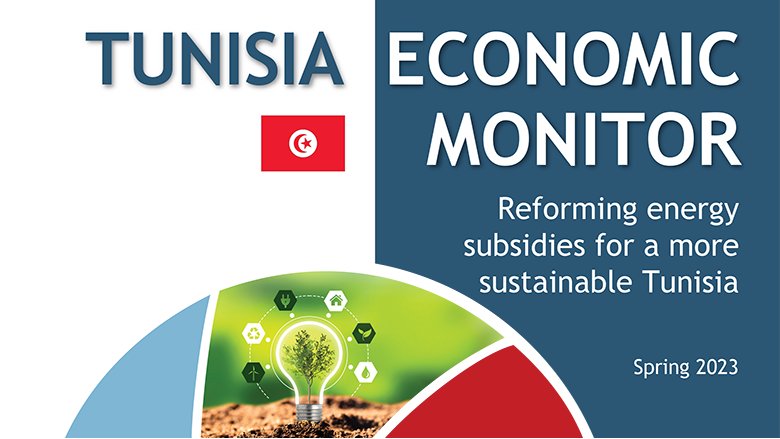Tunisia's economic recovery was slow in 2022 due to regulatory barriers to growth and rising global energy and food prices. The country's current account and fiscal deficits rose as a result, with GDP growth reaching 2.5 percent. Urgent reforms are needed to improve the business environment and strengthen competition.
Tunisia's GDP growth for 2023 is expected to be around 2.3 percent, subject to considerable variation depending on the progress of financing conditions and structural reforms. One critical reform is to phase out energy subsidies, which have become increasingly costly, averaging 2.1 percent of GDP over the past decade and jumping to 5.3 percent in 2022. This would address the macro-fiscal crisis, improve the energy sector's performance, and stimulate renewable energy production. However, it is crucial to minimize the impact of reform on vulnerable households by providing stable tariffs and transfers.
Tunisia's economy has been affected by a variety of challenges, including a higher trade deficit and consumer subsidies. The country's limited access to international financing has made local financing of the debt challenging. In addition, Tunisia's inflation rate reached 10.4% in February 2023, the highest in over three decades, largely driven by rising prices for energy and food. These factors have put significant pressure on the economy, making it all the more urgent to implement reforms to promote sustainable growth.
In light of these challenges, an ambitious reform agenda is needed to meet Tunisia's external financing requirements and promote sustainable economic growth. With the right policies in place, Tunisia's economy has significant potential to thrive in the years ahead.
